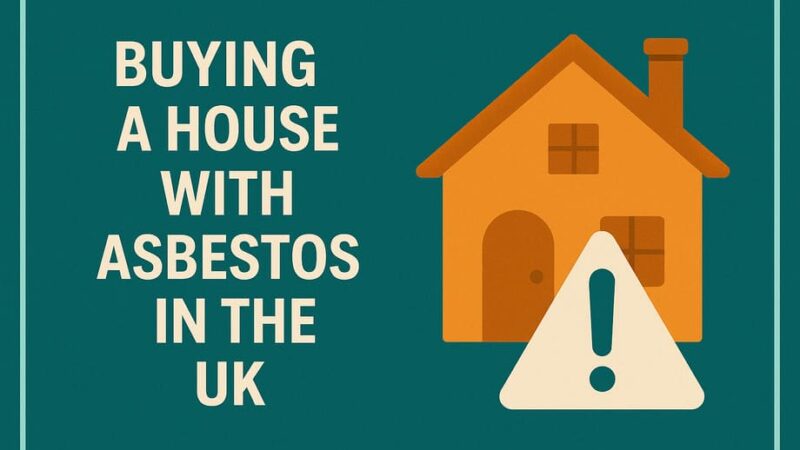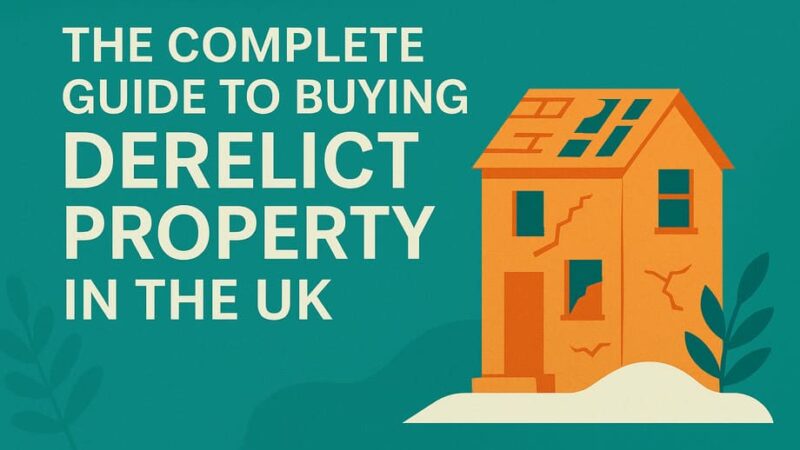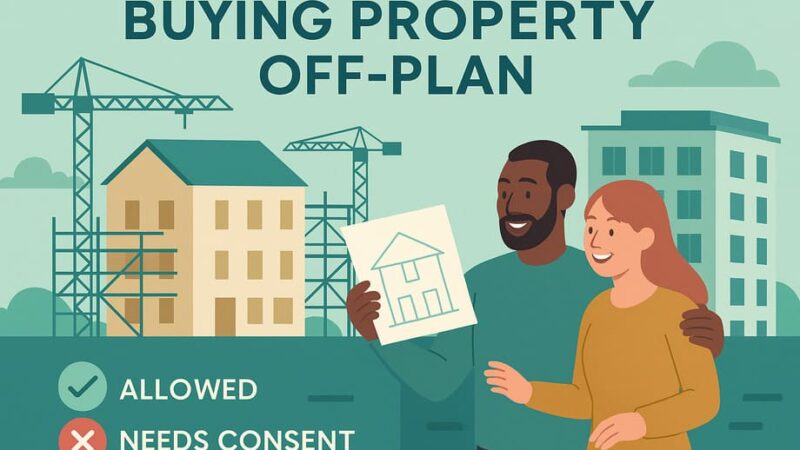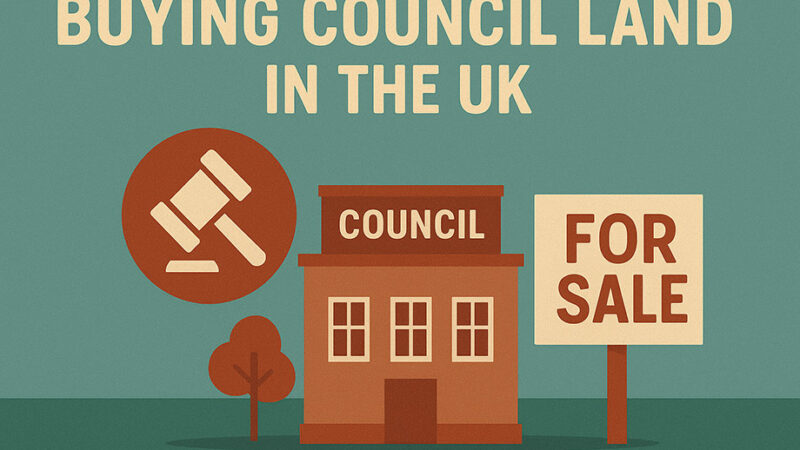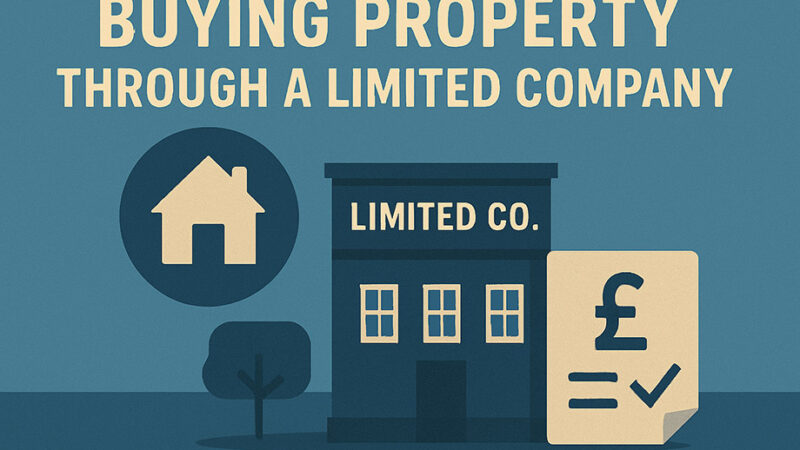House Survey Types and Costs
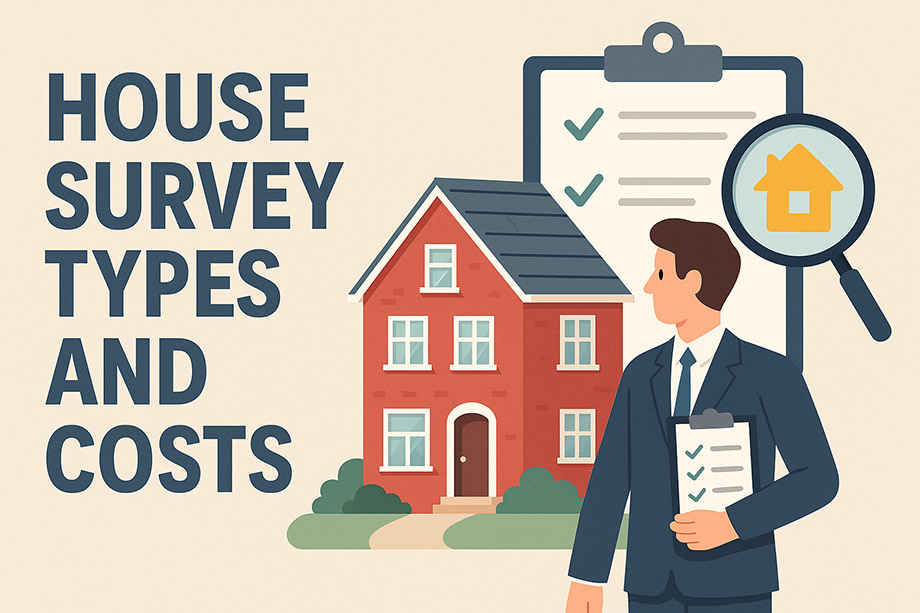
House surveys in the UK cost between £300-£1,500 depending on the type of survey and property value. Most homebuyers choose a Level 2 survey costing around £445 on average, though the right choice depends on your property’s age and condition.
Getting a house survey could save you thousands in unexpected repair costs and provide valuable negotiating power. This guide explains the different survey types, typical costs, and how to choose the right one.
What is a House Survey?
A house survey is a detailed inspection of a property’s condition carried out by a qualified surveyor. The surveyor visits the property, examines its structure and condition, then provides a written report highlighting any problems or potential issues.
It’s essentially a health check for your potential new home. The survey identifies defects that could be costly to repair and gives you the information needed to make an informed decision about your purchase.
Benefits of getting a house survey:
- Identifies hidden problems before you buy
- Provides negotiating power to reduce the purchase price
- Helps you budget for future repairs
- Gives peace of mind about your investment
The buyer typically arranges and pays for the survey after their offer has been accepted. In Scotland, the system is different as sellers provide Home Reports that include a survey.
Types of House Survey
The Royal Institution of Chartered Surveyors (RICS) offers three levels of home survey, introduced in March 2021 to replace the previous system.
RICS Home Survey Level 1 (Condition Report)
Average cost: £380 Cost range: £300-£900
This is the most basic survey option, providing an overview of the property’s condition using a traffic light system (green, amber, red) to highlight different areas that need attention.
What’s included:
- Visual inspection of main elements
- Traffic light condition ratings
- Summary of urgent defects
- Legal issues affecting the property
- No repair advice or cost estimates
Best for:
- Modern properties (built after 1980)
- Properties in good condition
- Standard construction materials
- Buyers wanting basic reassurance on a budget
RICS Home Survey Level 2 (HomeBuyer Report)
Average cost: £445 Cost range: £400-£1,000
This is the most popular choice among UK homebuyers. It includes everything from Level 1 plus additional detail and practical advice on repairs and maintenance.
What’s included:
- Everything from Level 1
- Inspection of roof spaces and cellars
- More detailed condition descriptions
- Advice on repairs and maintenance
- Market valuation (if Level 2 with Valuation chosen)
- Budget estimates for major repairs
Best for:
- Most conventional properties
- Properties built since 1900
- Properties in reasonable condition
- First-time buyers wanting comprehensive information
RICS Home Survey Level 3 (Building Survey)
Average cost: £629 Cost range: £630-£1,500+
This is the most comprehensive survey available, providing detailed analysis of the property’s construction and condition.
What’s included:
- Everything from Level 2
- Detailed construction methods description
- In-depth defect analysis
- Comprehensive repair recommendations
- Repair priorities and timescales
- Consequences of not addressing issues
Best for:
- Older properties (built before 1900)
- Listed buildings or unusual construction
- Properties in poor condition
- Planning major renovations
- Large or complex properties
What Affects Survey Costs?
Several factors influence how much you’ll pay for a house survey:
Property Value
Survey fees often scale with property value. A £200,000 property might cost £400 for a Level 1 survey, while a £1 million property could cost £1,500+ for a Level 3 survey.
Property Size and Complexity
- Larger properties take longer to inspect
- Unusual architectural features increase complexity
- Multiple outbuildings add inspection time
- Access difficulties can extend survey duration
Location
Survey costs vary significantly across the UK:
London and South East: Higher costs due to property values and living costs
- Level 1: £400-£1,100
- Level 2: £500-£1,200
- Level 3: £800-£2,000+
Other Regions: Generally more affordable
- Level 1: £300-£800
- Level 2: £400-£900
- Level 3: £600-£1,400
Property Age and Condition
Older properties or those in poor condition require more detailed inspection, which can increase costs due to the additional time and expertise required.
Which Survey Should You Choose?
The right survey depends on your property’s characteristics:
Choose Level 1 if:
- Property is modern (built after 1980)
- Appears in good condition
- Standard construction materials
- You’re on a tight budget but want basic reassurance
Choose Level 2 if:
- Property built between 1900-1980
- Standard residential property in reasonable condition
- You want practical advice on repairs
- Most first-time buyers
Choose Level 3 if:
- Property built before 1900
- Listed building or unusual construction
- Property showing signs of problems
- Planning renovations or extensions
Additional Costs to Consider
VAT: Most surveyors charge 20% VAT on their fees, so factor this into your budget.
Specialist Surveys: If your main survey identifies specific issues, you may need additional reports:
- Structural engineer report: £500-£1,500
- Damp survey: £200-£500
- Electrical survey: £200-£400
New Build Properties: Need snagging surveys instead of traditional house surveys, typically costing £300-£600.
How to Save Money on Surveys
Shop Around: Get quotes from multiple surveyors as prices can vary significantly for the same service.
Choose Local Surveyors: Local surveyors often charge less and have better area knowledge.
Check Credentials: Ensure your surveyor is RICS qualified (look for MRICS or FRICS after their name).
Book Early: Avoid rush fees by booking as soon as your offer is accepted.
Don’t Choose Based on Price Alone: The cheapest option isn’t always the best value.
Survey vs Mortgage Valuation
Don’t confuse a house survey with a mortgage valuation:
Mortgage Valuation (around £350):
- Basic check for lender’s benefit
- Confirms property is worth the loan amount
- Not a condition survey
House Survey (£300-£1,500+):
- Detailed inspection for buyer’s benefit
- Identifies defects and repair needs
- Provides advice on property condition
A mortgage valuation is not a substitute for a proper house survey.
What Happens After Your Survey?
If your survey reveals problems, you have several options:
Negotiate the Price: Use repair estimates to justify a price reduction. If the survey finds £10,000 of repairs needed, you can reasonably request £10,000 off the purchase price.
Request Repairs: Ask the seller to fix issues before completion.
Walk Away: If problems are too severe or expensive.
Get Additional Advice: Commission specialist surveys for complex issues.
Timeline for Your Survey
Recommended timeline:
- Offer accepted: Book survey within 2-3 days
- Survey conducted: Within 5-10 days
- Report received: 5-10 days after survey
- Decision made: Within 2-3 weeks of offer acceptance
Book your survey as soon as your offer is accepted to show you’re serious and give yourself time to act on any findings.
Is a House Survey Worth It?
While surveys cost £300-£1,500, they’re often worth every penny. Consider that:
- A survey could save you thousands in unexpected repair costs
- Survey findings give you negotiating power
- You’ll have peace of mind about your purchase
- You can budget for future maintenance
The bottom line: unless you’re buying a new-build property, a house survey is essential. The cost of a survey is minimal compared to the potential cost of hidden problems.
Frequently Asked Questions
Do I legally need a house survey?
No, surveys aren’t legally required in England, Wales, or Northern Ireland, but they’re strongly recommended by property professionals.
Which survey type is most common?
Level 2 surveys are the most popular choice, suitable for most conventional properties in reasonable condition.
How long do surveys take?
Level 1: 1-2 hours, Level 2: 2-4 hours, Level 3: 4-8 hours depending on property size.
When will I get my report?
Typically within 5 days for Level 1-2 surveys, up to 10 days for Level 3 surveys.
Can I negotiate based on survey findings?
Yes, survey findings often provide strong grounds for price negotiations or repair requests.
Should I get multiple quotes?
Yes, prices can vary significantly between surveyors, so shopping around is recommended.
What if major problems are found?
You can negotiate the price, request repairs, walk away, or seek specialist advice for complex issues.
Do new builds need surveys?
New builds need snagging surveys rather than traditional house surveys to identify defects and unfinished work.
Is the most expensive survey always best?
Not necessarily – choose based on your property’s needs and always check the surveyor’s RICS qualifications.
Can I attend the survey?
Many surveyors allow buyers to attend the final part of the inspection to discuss initial findings.
Last Updated on September 21, 2025 by James Cartwright


